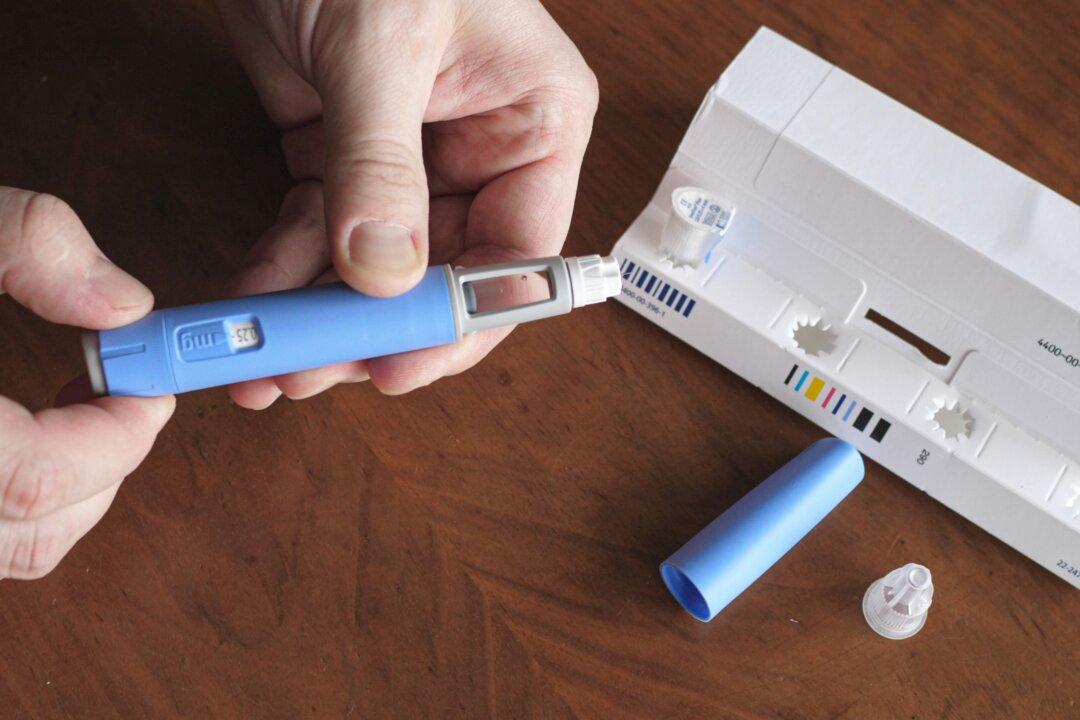Is your digital eyestrain destined to persist? Online advertisements for stylish blue-light-blocking glasses promise relief from tired eyes and sleepless nights. But it may be more of a fad than a fix, according to a growing body of research.
Debunked Claims Regarding Blue-Light Filters
Blue-light-filtering lenses have surged in popularity as a solution to eyestrain and trouble sleeping due to excessive screen time.“We found there may be no short-term advantages with using blue-light filtering spectacle lenses to reduce eye strain associated with computer use, compared to non-blue-light filtering lenses,” Laura Downie, an associate professor at the University of Melbourne and the senior author of the review, said in a press statement.
It’s unclear whether the lenses affect vision quality or sleep. No conclusions could be made regarding their effect on longer-term retinal health, she said. “People should be aware of these findings when deciding whether to purchase these spectacle lenses.”
Blue-light blockers filter only 10 to 25 percent of blue light from screens, according to Sumeer Singh, a postdoctoral clinical research fellow at the University of Melbourne and the first author of the study. The blue light from devices is a “thousandth of what we get from natural daylight,” he added.
What Early Research Says
Growing evidence suggests that blue-light lenses don’t help as advertised. One 2020 study involving 24 subjects found little evidence that blue-blocking filters help dry eyes. The conclusion was that optimizing screen viewing conditions and managing other ocular factors may more effectively reduce symptoms.Excessive UV light raises cataract and macular degeneration risk. Excess nighttime light also disturbs sleep by suppressing melatonin, which can have adverse side effects, Dr. Daniel Laroche, president of Advanced Eyecare of New York and clinical associate professor of ophthalmology at New York Eye and Ear of Mount Sinai, told The Epoch Times.
“The benefits of UV-blocking lenses are well known,” Dr. Laroche said. But research on blue-light lenses is less robust, he added.
Tips to Reduce Computer Eyestrain
The most common causes for computer eyestrain are prolonged screen time without breaks and using an incorrect eyeglass prescription, Dr. Laroche said.Eyeglass Prescription
“It is very important to have the proper eyeglass prescription,” he added. A proper eyeglass prescription is usually issued by an eye care professional, such as an optometrist or ophthalmologist, after a comprehensive eye examination.The 20-20-20 Rule
Dr. Laroche recommends the 20-20-20 rule: For every 20 minutes you look at a computer screen, take a 20-second break to look at something 20 feet away.Customized Glasses
Computer glasses specified for the distance that you work also reduce eyestrain.No Late-Night Work on the Computer
While the evidence is inconclusive, Dr. Laroche said late-night work with a bright computer may suppress melatonin and interfere with sleep.Eye Drops
Extended screen time also causes dry eyes from reduced blinking. Dr. Laroche suggests using artificial tears three to four times per day.“For people with more severe dry eye issues, preservative-free tear drops several times a day can assist,” he said.





